At the height of the student protests in Melbourne, sixteen-year-old schoolgirl Ivy Bertram appeared on The Project to discuss her decision to help organise the pro-Palestinian rally. As Miss Bertram, an expert on Gaza and geo-politics, delivered pearl after pearl of wisdom, Mr Ali and his fellow hosts nodded in deference at the insight being proffered by this modern-day oracle of Delphi.
Already a subscriber? Log in
Subscribe for just $2 a week
Try a month of The Spectator Australia absolutely free and without commitment. Not only that but – if you choose to continue – you’ll pay just $2 a week for your first year.
- Unlimited access to spectator.com.au and app
- The weekly edition on the Spectator Australia app
- Spectator podcasts and newsletters
- Full access to spectator.co.uk
Unlock this article
Dr Bella d’Abrera is a Director at the Institute of Public Affairs’ Foundations of Western Civilisation Program
You might disagree with half of it, but you’ll enjoy reading all of it. Try your first month for free, then just $2 a week for the remainder of your first year.

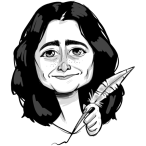
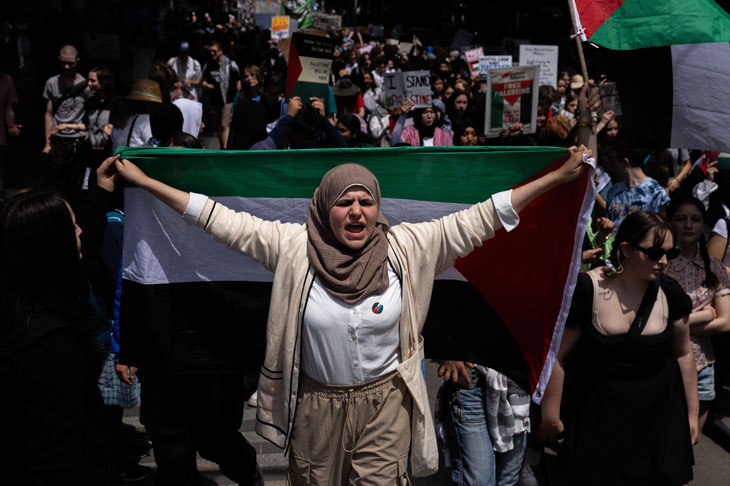

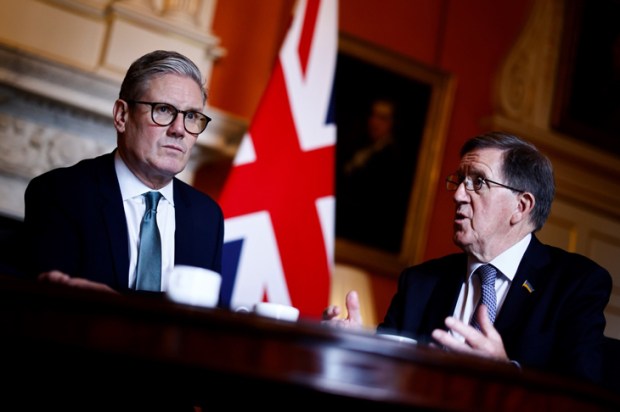
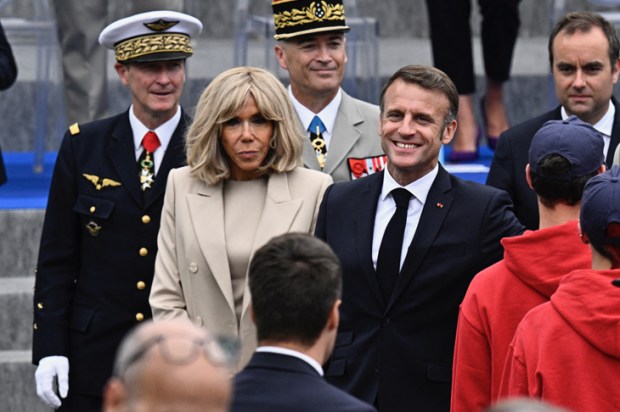

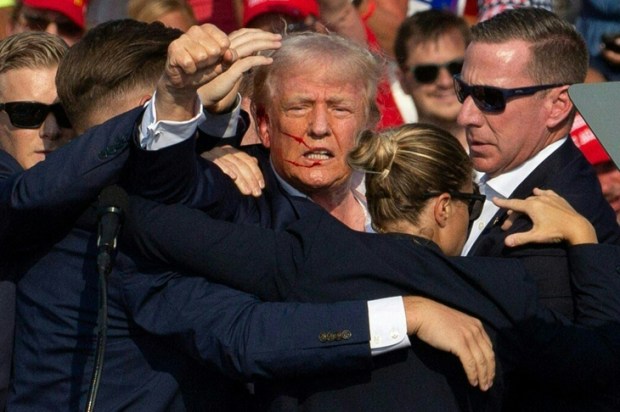







Comments
Don't miss out
Join the conversation with other Spectator Australia readers. Subscribe to leave a comment.
SUBSCRIBEAlready a subscriber? Log in